Battle against fatal neurodegenerative disease advances on two fronts
Powered by WPeMatico
Powered by WPeMatico
Powered by WPeMatico
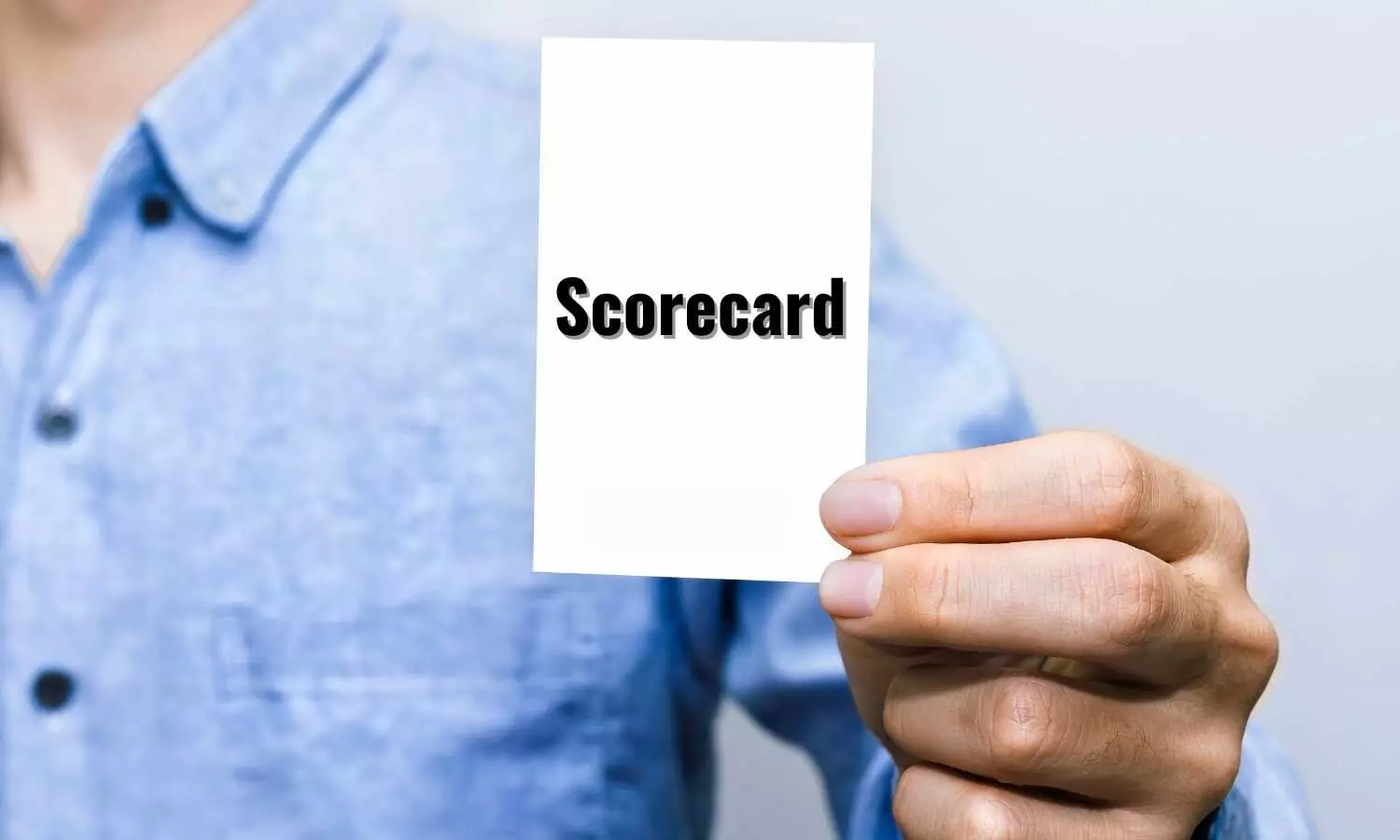
New Delhi- Through a notice, the National Board of Examination in Medical Sciences (NBEMS) has announced the release of the result-cum-scorecard for the NEET MDS 2024 All India 50% Quota Seats.
Candidates can download the NBEMS NEET MDS 2024 Individual Scorecard from the NBE official website. To access the NEET MDS Scorecard, a candidate must enter their application number and date of birth.
As per the notice, “Individual scorecard for NEET-MDS 2024- All India 50% quota seats will be available for download at NEET-MDS official website on/after 29th April 2024. Copy of scorecard will not be sent to individual candidates”.
Cut-off scores (out of 960) for All India 50% quota Post Graduate MDS Courses (2024-25 admission session) are as follows:
|
CATEGORY |
MINIMUM QUALIFYING/ELIGIBILITY CRITERIA |
CUT-OFF SCORES (OUT OF 960) |
|
General/EWS |
50th percentile |
263 |
|
SC/ST/OBC (Including PwBD of SC/ST/OBC) |
40th percentile |
230 |
|
General PwBD |
45th percentile |
246 |
NEET-MDS 2024 candidates with scores at or above the cut-off scores mentioned above in their respective categories are eligible to participate in the counselling for All India 50% quota Post Graduate MDS seats to be conducted by DGHS, MoHFW.
Qualification to participate in online counselling for NEET-MDS 2024 – All India 50% quota seats does not confer any automatic rights upon the candidates for admission to All India 50% quota Post Graduate MDS Courses.
NEET-MDS 2024 – All India 50% Quota scorecard mentions the following:
1 All India 50% Quota Rank: This is the overall merit position of the candidate amongst all the candidates who have appeared in the NEET-MDS 2024 and are eligible for All India 50% quota counselling and is valid only for All India 50% quota MDS Courses (2024-25 admission session).
2 All India 50% Quota Category Rank: This is the overall merit position of the candidate in the category (OBC/SC/ST/EWS) as opted by the candidate in the NEET– MDS 2024 amongst the candidates of the same category who are eligible for All India 50% quota counselling and is valid only for All India 50% quota MDS Courses.
National Eligibility-cum-Entrance Test-MDS was held on March 18 and the result was declared by NBEMS on April 3, 2024.
To view the notice, click the link below
Powered by WPeMatico
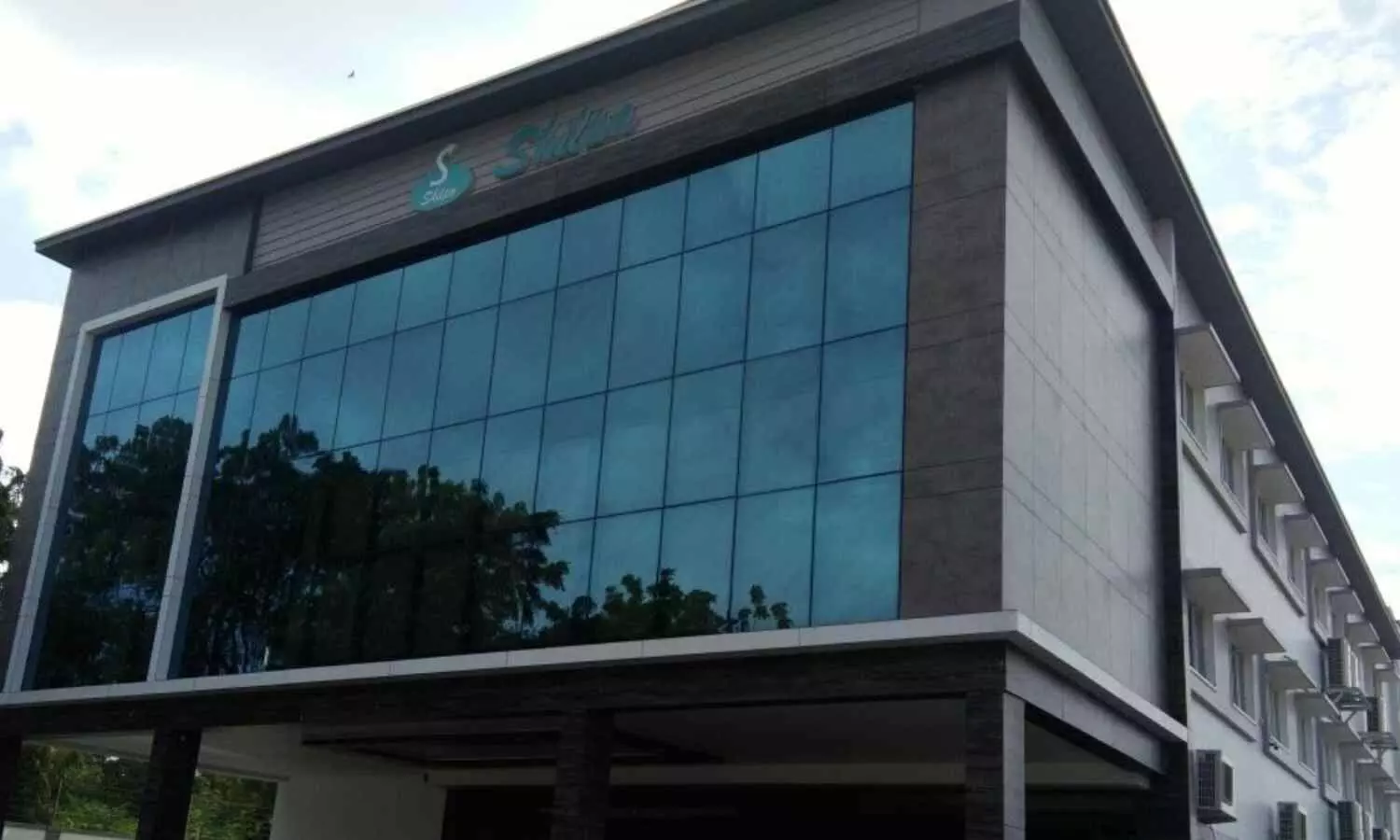
Karnataka: Shilpa Medicare’s marketing partner, Amneal Pharmaceuticals, has launched PEMRYDI RTU (Pemetrexed injection 10 mg/mL), the first ready-to-use pemetrexed formulation in the US market.
The product has already been granted permanent J-code (J9324) by U.S. Centers for Medicare & Medicaid Services (CMS).
Read also: Shilpa Medicare gets Code J for Pemetrexed Injection
Pemetrexed Injection is used as a drug, in the treatment of non-small cell lung cancer in combination with other chemotherapy agents. It is also indicated in the treatment of mesothelioma in combination with cisplatin.
PEMRYDI RTU is a novel ready-to-use injection which eliminates the need for refrigeration or reconstitution and dilution for administration to the patient. This offers hospitals and oncology clinics a new, value-added presentation that should improve pharmacy efficiency by eliminating preparation steps and freeing up refrigerator space.
Currently product is available in two vial sizes: 100mg/10mL and 500 mg/50mL, and we intend to introduce 1000mg/100mL soon in the market.
According to IQVIA, U.S. annual sales for pemetrexed for the 12 months ended February 2024 were $287 million.
Shilpa Medicare Limited, headquartered at Raichur, Karnataka, India, is a vertically integrated, manufacturer and distributor of quality drugs to global markets; specializing in the Oncology therapeutic segment and introducing novel drugs focusing on patient convenience and compliance.
Read also: USFDA closes inspection at Shilpa Medicare Hyderabad lab
Powered by WPeMatico
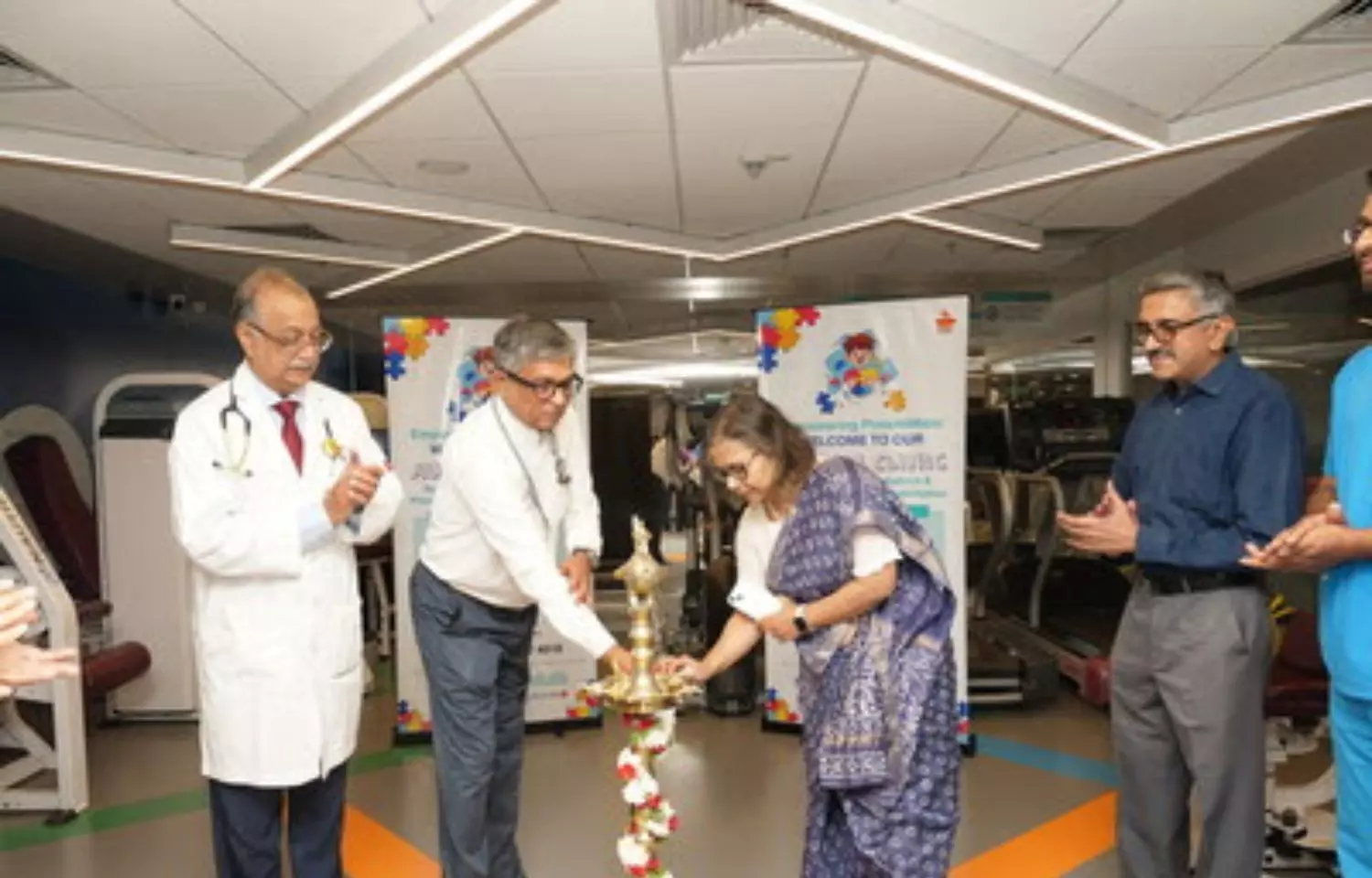
Bengaluru: When Ishaan Kabra’s parents noticed he wasn’t meeting developmental milestones by the age of just over two years, they became concerned. Despite attending play school, Ishaan remained non-verbal and displayed restless behavior. After consulting with healthcare professionals and experiencing limited progress with speech and occupational therapies over six months, a chance encounter with Dr. EV Raman for treatment of fluid accumulation in Ishaan’s ears led the Kabras to Dr. Chitra Shankar, where he was diagnosed with Autism. The Kabra family committed themselves to providing the best care for their son.
Recounting the challenges and the ordeal Mr Piyush Kabra emphasized the importance of quality care and access to comprehensive treatment. Mrs Kabra left her career as a teacher to devote herself entirely to Ishaan’s upbringing, while their daughter felt the strain of reduced parental attention. Yet, the family remained a pillar of strength for each other, supporting Ishaan’s journey with autism. Today, at 12, Ishaan has made remarkable strides thanks to the multidisciplinary approach to his treatment and his family’s unwavering support. “Occupational training has been particularly transformative,” Mr. Kabra adds. Ishaan now engages in activities he loves, like cycling, skating, and yoga, contributing immensely to his overall well-being. Ishaan’s story highlights the importance of early intervention and comprehensive care in managing Autism Spectrum Disorder (ASD), which affects children differently and requires tailored support, reports news agency ANI.
ASD is a developmental disorder associated with the brain. It is called a spectrum disorder because it affects people differently and to varying degrees from mild to severe with functional challenges and profoundly influences a child’s communication, social interaction, and response to stimuli. In India, one in every 68 children is affected by autism, with boys being more commonly impacted than girls, at a ratio of approximately 3:1. Although not curable, early detection enables effective management.
Announcing the launch of The Autism Clinic at Manipal Hospital Old Airport Road, the Departments of Paediatrics and Physical Medicine and Rehabilitation underscored the critical need for comprehensive and tailored care for children with Autism Spectrum Disorder (ASD). The inaugural event was graced by the esteemed presence of Dr. H. Sudarshan Ballal, Chairman of Manipal Hospitals, Dr. Jagadish Chinappa, Consultant Paediatrics, Dr. Chitra Sankar – Consultant in Developmental Paediatrics, and Dr. Bidisha Banerjee, Consultant – Paediatric Neurology at Manipal Hospital Old Airport Road.
Dr. H Sudarshan Ballal emphasized the uniqueness of each child on the autism spectrum, highlighting the clinic’s dedication to providing personalized care. Dr Jagadish Chinappa elaborated on the clinic’s premier features, highlighting its status as one of Bengaluru’s premier centers for comprehensive ASD management. He emphasized the collaborative effort required in the management of autism and stated, “Management of ASD is teamwork and requires expansive coordination by various specialists including child development specialists, psychologists, therapists, and psychiatrists, working towards the prevention of worsening of symptoms or complications and focusing on the holistic development of every child with ASD.” Dr. Chitra Sankar assured the audience of the clinic’s commitment to creating a nurturing environment. She emphasized individualized therapy plans tailored to each child’s needs and strengths, addressing core symptoms as well as associated medical and emotional needs. Dr. Bidisha Banerjee emphasized the crucial importance of family involvement, with the clinic offering guidance and support to parents and caregivers throughout the journey.
According to an ANI report, The clinic launch received overwhelming support from families seeking treatment for their children with ASD. Mr. Piyush Kabra expressed optimism and relief regarding the high-quality treatment and holistic approach of the Autism Clinic at Manipal Hospital Old Airport Road, and said “Parents of autistic children face numerous challenges, especially concerning the quality of care and fragmented treatment approaches. Manipal Hospitals’ Autism Care Centre represents a significant step forward in providing high-quality treatment within a holistic framework encompassing speech, behavioral, and occupational therapy, as well as medical care. I am confident the center will offer solace to parents and caregivers of special children.”
Powered by WPeMatico
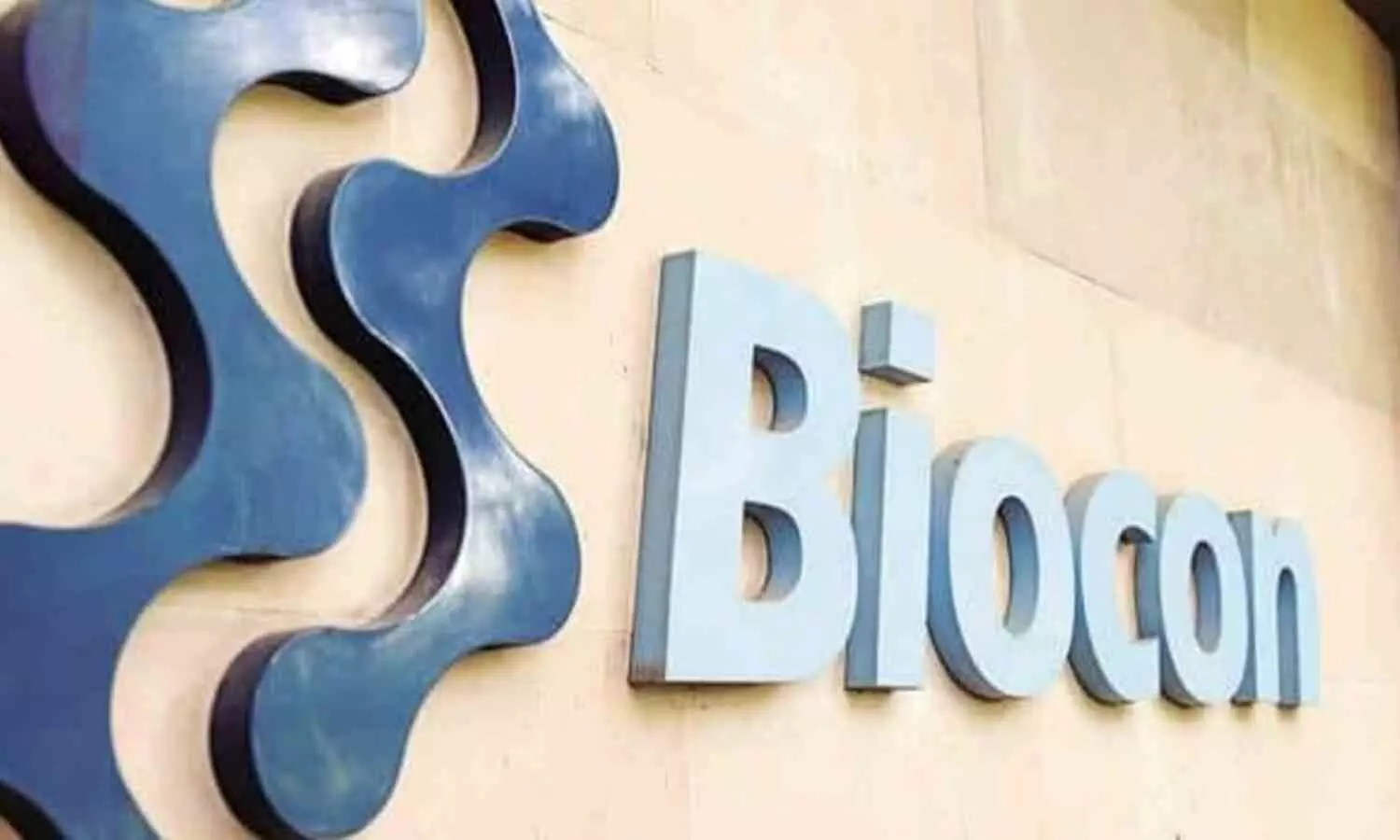
Bengaluru: Biocon Limited, an innovation-led global
biopharmaceutical company, has announced the signing of an exclusive licensing and
supply agreement with Biomm S.A., a specialty pharmaceutical company in Brazil, for the
commercialization of its vertically integrated drug product, Semaglutide (gOzempic), which is
used to improve glycemic control in adults with type-2 diabetes.
Under the terms of this agreement, Biocon will undertake the development, manufacturing
and supply of the drug product, and Biomm will be responsible for obtaining regulatory
approval and commercialization in the Brazilian market.
Biomm is Brazil’s biotechnology company focuses on developing, manufacturing and
commercializing complex biotech and biosimilar drug products at their state-of-the-art
production facility in Nova Lima.
Siddharth Mittal, Chief Executive Officer and Managing Director, Biocon Ltd, said, “Our
partnership with Biomm marks another important step forward in our strategy to expand our
global footprint beyond the U.S. and Europe for Peptides. This is also in line with our growth
strategy of bringing to market a portfolio of complex, GLP-1 drug-device combination
products. We are confident that our collaboration with Biomm will provide patients in Brazil,
who are living with diabetes, much needed access to advanced, high quality treatment options
to help them manage the disease better.”
Heraldo Marchezini, Chief Executive Officer, Biomm, commented: “Brazil is the fifth country
in the world with the highest incidence of diabetes, having 16.8 million adults in the age group
of 20 to 79 years with the disease, and an estimated 21.5 million cases by 2030, according to
the Diabetes Atlas of the International Diabetes Federation (IDF). We have, therefore,
prioritized strategic partnerships to expand the population’s access to advanced treatments
for this disease and enhance the quality of life for people”.
The total addressable market opportunity of Semaglutide in Brazil is approximately US $580
million as per the IQVIA MAT Q4 2023.
Read also: Biocon gets MHRA UK nod for weight management injection Liraglutide
Powered by WPeMatico
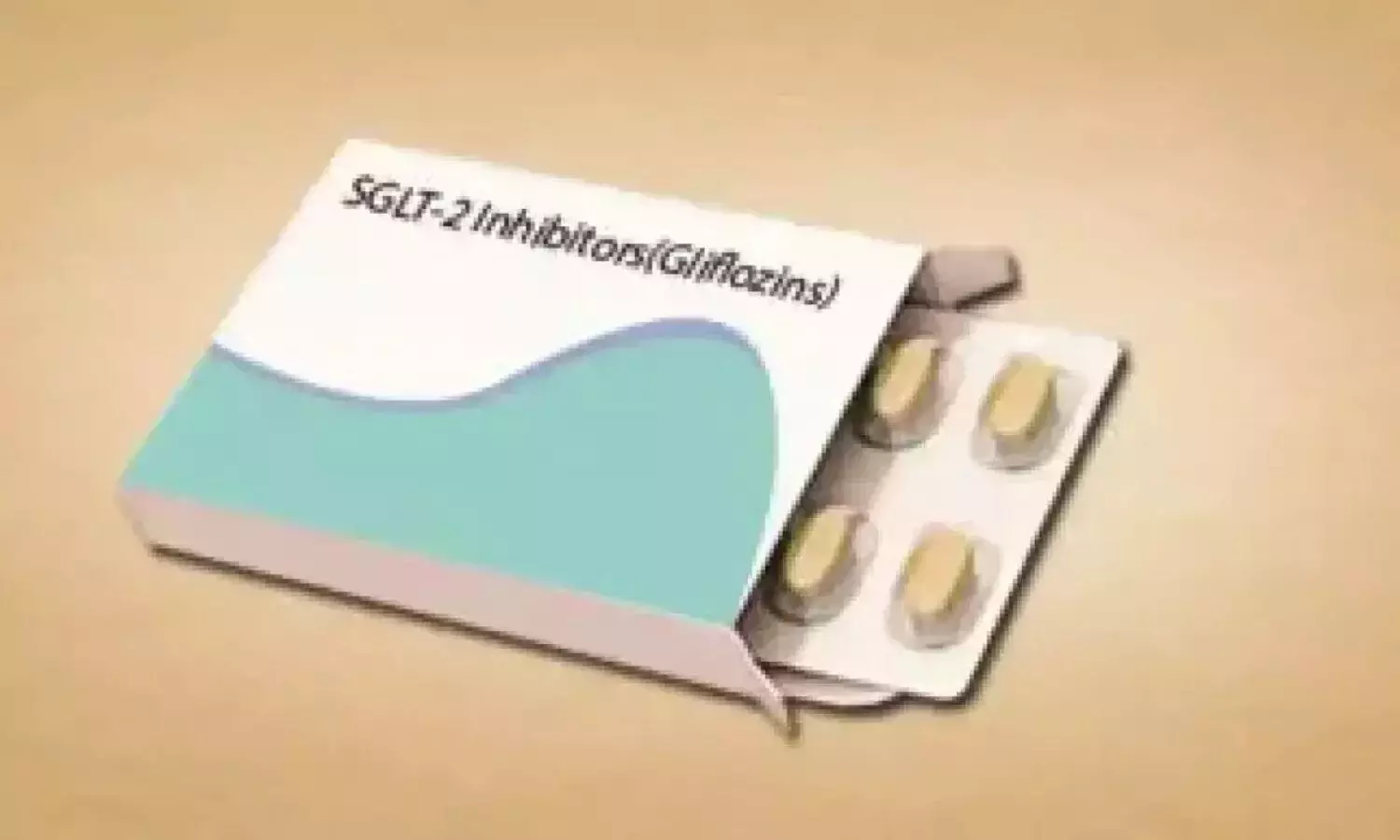
USA: The use of SGLT2 inhibitors versus sulfonylureas was associated with a lower risk of incident gout, heart failure (HF), and major adverse cardiovascular events (MACEs), and lower rates of recurrent flares in a population-based cohort study of 34 064 adults with type 2 diabetes (T2D). The study findings were published online in JAMA Internal Medicine on April 15, 2024.
“The gout and cardiovascular benefits associated with sodium-glucose cotransporter-2 inhibitors (SGLT2i) in these target trial emulations may guide the selection of glucose-lowering therapy in type 2 diabetes patients, at risk for or with gout,” the researchers wrote.
Gout, characterized by recurrent attacks of inflammatory arthritis, stands as a formidable challenge for individuals grappling with type 2 diabetes. The intricate interplay between metabolic dysregulation, insulin resistance, and purine metabolism sets the stage for elevated uric acid levels, predisposing diabetic patients to gout flares. Against this backdrop, pharmacotherapeutic interventions assume pivotal significance in mitigating gout risk while navigating the complexities of diabetes management.
SGLT-2 inhibitors, hailed for their pleiotropic benefits beyond glycemic control, have emerged as promising candidates in the armamentarium of diabetes therapeutics. Their unique mechanism of action, which involves inhibiting renal glucose reabsorption, culminates in glycosuria-mediated uric acid excretion, thus ostensibly conferring a protective effect against gout. On the other hand, sulfonylureas, the most common second-line glucose-lowering therapy exert their antidiabetic effects by stimulating insulin secretion, albeit with potential adverse metabolic consequences, including weight gain and hyperinsulinemia, which could exacerbate gout risk.
In diabetes management, the quest for optimal pharmacotherapy extends beyond glycemic control to encompass multifaceted considerations, including cardiovascular risk mitigation and comorbidity management.
Against the above background, Natalie McCormick, The Mongan Institute, Department of Medicine, Massachusetts General Hospital, Boston, and colleagues aimed to compare incident gout risk and recurrent flares rate between patients with type 2 diabetes initiating SGLT2i versus sulfonylurea when added to metformin monotherapy.
For this purpose, the researchers conducted a sequential, propensity score-matched, new-user comparative effectiveness study using a target trial emulation framework including adults with T2D receiving metformin monotherapy in a Canadian general population database from 2014 to 2022.
The primary outcome was a diagnosis of incident gout, ascertained by emergency department (ED), hospital, outpatient, and medication dispensing records. Secondary outcomes included gout-primary hospitalizations, ED visits, and MACE, as well as recurrent flare rates among prevalent gout patients.
HF hospitalization was assessed as a positive control outcome and osteoarthritis encounters as a negative control. For target trial emulations, the researchers used Poisson regressions and Cox proportional hazards with 1:1 propensity score matching (primary analysis) and overlap weighting (sensitivity analysis).
Following were the study’s key findings:
In conclusion, in this population-based cohort study, the gout and CV benefits associated with SGLT2 inhibitors in these target trial emulations may guide the selection of glucose-lowering therapy in patients with T2D, at risk for or already with gout.
Reference:
McCormick N, Yokose C, Lu N, et al. Sodium-Glucose Cotransporter-2 Inhibitors vs Sulfonylureas for Gout Prevention Among Patients With Type 2 Diabetes Receiving Metformin. JAMA Intern Med. Published online April 15, 2024. doi:10.1001/jamainternmed.2024.0376
Powered by WPeMatico
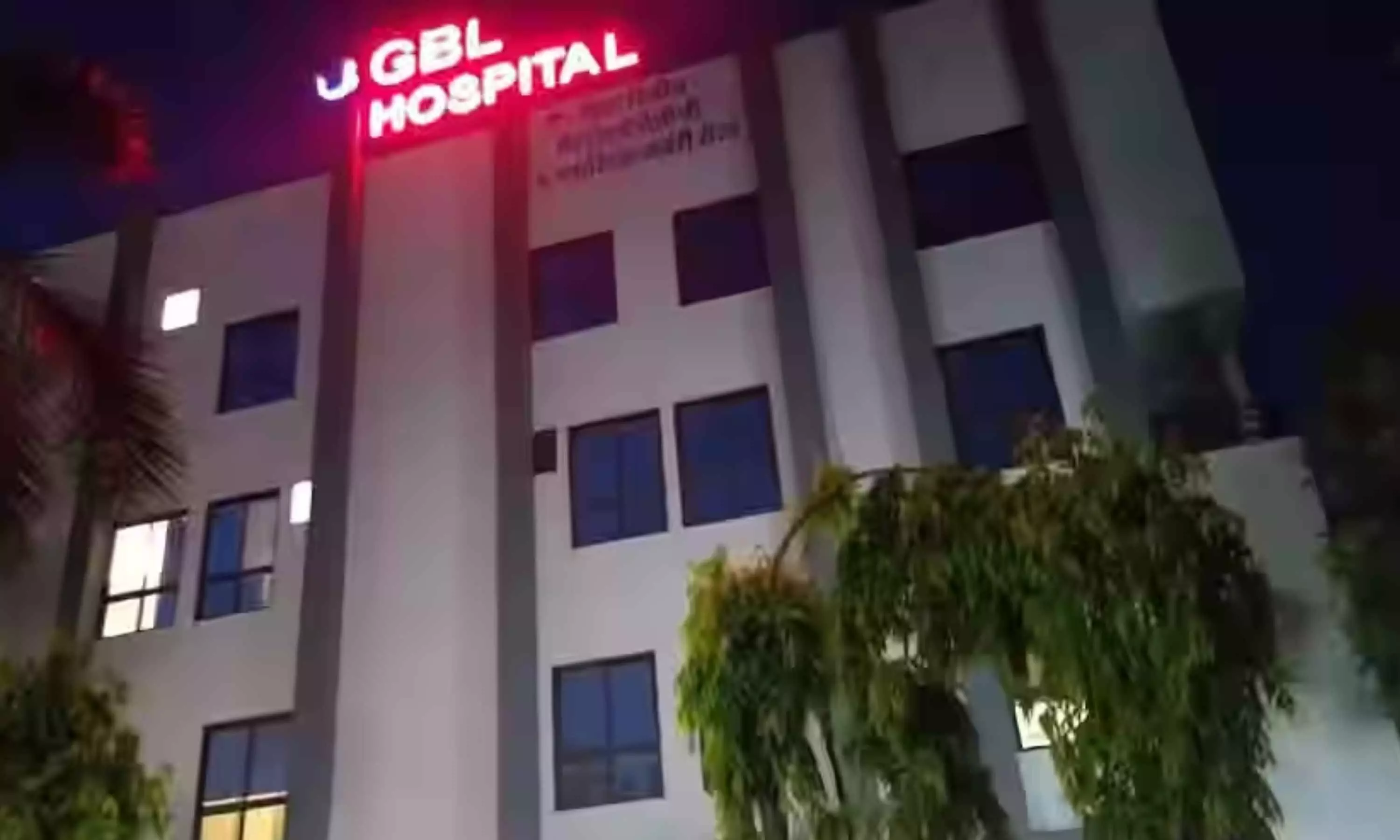
Indore: GBL Hospital, founded by renowned surgeons Dr Vineet Gautam and Dr Ekta Mishra, has emerged as a leader in the realm of Robotic surgeries, Liver Treatments, and various Cosmetic Procedures, offering top-notch, affordable, and hassle-free care to its patients.
Set to take place on April 19th and 20th, 2024, the upcoming free medical camp aims to extend expert medical guidance and advice to individuals courtesy of the seasoned professionals at GBL Hospital. Patients seeking solutions for a range of surgical requirements, including Robotic Surgeries for intricate procedures, complex GI surgeries, bariatric interventions, and cosmetic enhancements, stand to benefit from this initiative.
According to a PTI report, Dr Vineet Gautam, with years of experience in liver transplant and Robotic surgery, and Dr Punit Tiwari, with years of experience as Urologist and Robotic Surgeon brings a holistic approach to patient care.
Their expertise ensures precision and minimally invasive interventions, promising enhanced recovery and outcomes for patients. On the other hand, Dr Ekta Mishra Gautam, specializing in Cosmetic, Plastic and Reconstructive Surgeries, adds a unique dimension to the hospital’s offerings. Her dedication to providing personalized care and achieving aesthetic excellence has earned accolades from patients and peers alike.
This free medical camp epitomizes GBL Hospital’s dedication to community welfare and healthcare accessibility, representing a sincere effort to extend support to all individuals who may benefit from specialized surgeries.
Through such initiatives, GBL Hospital continues to uphold its esteemed reputation for excellence and compassion in the healthcare domain, contributing significantly to the betterment of the lives of residents in Indore and beyond.
Medical Dialogues team earlier reported that in a heartfelt journey back to his roots, Dr Sukhwinder Singh Sandhu, a distinguished specialist in internal medicine and gastroenterology, has returned to Punjab from the United States to conduct free medical camps for underprivileged villagers in Moga district.
Powered by WPeMatico

A recent study published in Frontiers in Nutrition discussed the role of yoghurt as a nutritious food in preventing and managing diabetes and obesity.
Powered by WPeMatico
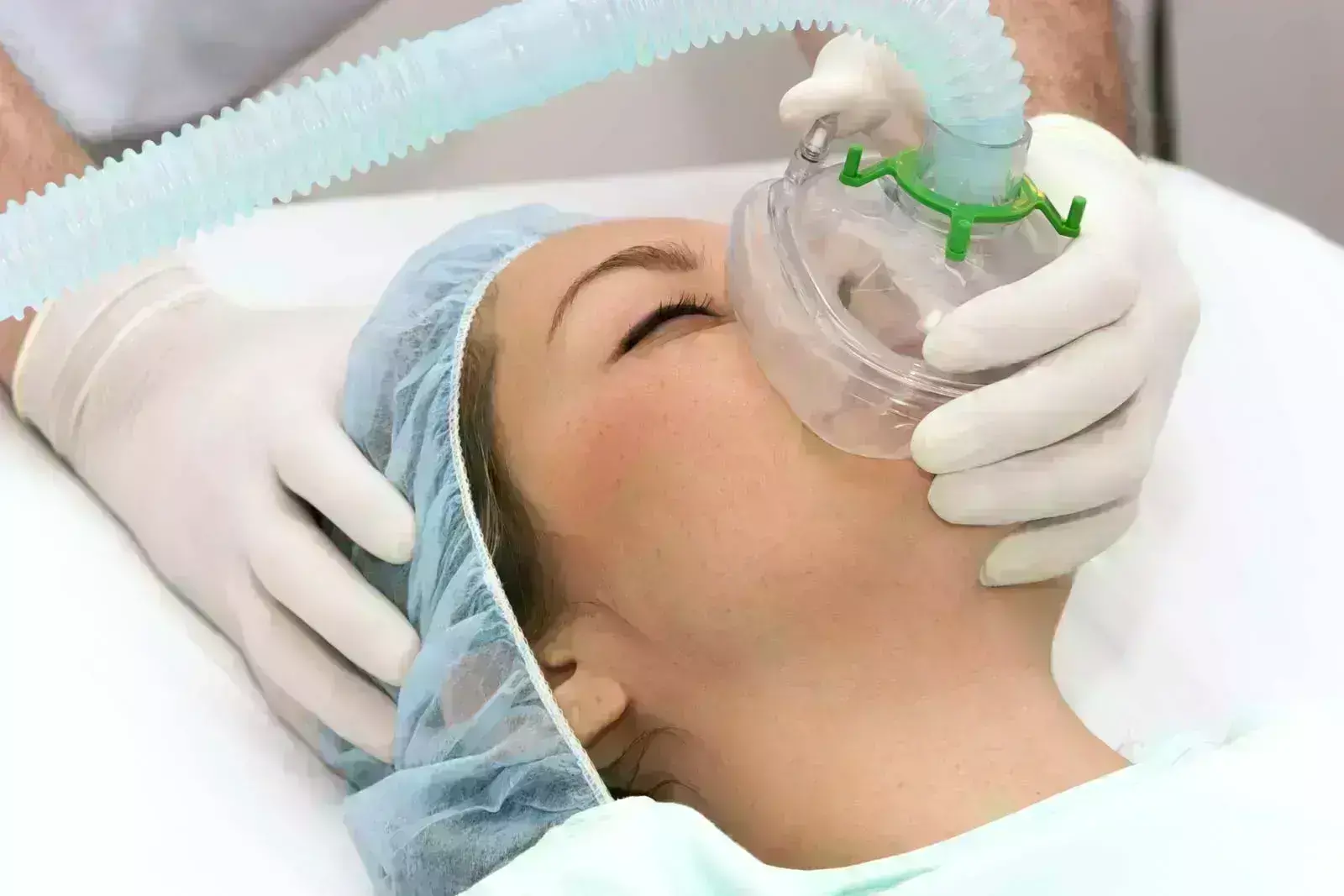
The findings of a recent clinical trial determined that obese patients who undergo laparoscopic sleeve gastrectomy experience significantly lower levels of acute postoperative pain (APP) when subjected to deeper levels of anesthesia. The findings of this study were published in the recent edition of Obesity Surgery journal offers new insights into pain management protocols that could improve the recovery outcomes.
This prospective, double-blinded randomized clinical trial included 90 patients and segregated them into two groups based on the depth of anesthesia administered during surgery. One group received what is termed as light anesthesia (Bispectral Index of 50, BIS 50), while the other was subjected to deeper anesthesia (BIS 35). Close monitoring of the pain levels was performed with the visual analogue scale (VAS) at various intervals post-surgery, specifically at 0, 12, 24, 48 and 72 hours. Along with pain levels, this study evaluated the use of analgesics, incidence of postoperative nausea and vomiting (PONV) and overall patient recovery quality through the Quality of Recovery-15 (QoR-15) score.
The results from this trial indicated that patients in the BIS 35 (deep anesthesia) group reported lower pain scores at the initial 24 hours post-operation when compared to their counterparts in the BIS 50 group. Also, these patients also expressed a reduced need for pain relief medication during their recovery period. Assessments carried out on the third day post-surgery showed elevated patient satisfaction in the group that received deeper anesthesia.
These findings suggest that the depth of anesthesia plays a pivotal role in managing APP and contributes towards reducing the consumption of analgesics and enhancing the patient satisfaction. The reduction in pain experienced by the deep anesthesia group could significantly impact recovery trajectories which potentially leads to quicker discharges from the hospital and better overall recovery experiences.
The implications of this study are majorly important for the surgical management of obesity, which is linked to increased sensitivity to pain. Thereby, optimizing anesthesia protocols during surgeries like the laparoscopic sleeve gastrectomy could become a critical element of surgical strategies. This research opens new avenues for patient care and also sets the stage for further studies and trials to explore how anesthetic depth can be leveraged to improve surgical recovery across the different types of operations.
Reference:
Zhang, X., Chen, X.-Y., Gao, R.-J., Huang, Y., Mao, S.-M., & Feng, J.-Y. (2024). The Effect of Depth of Anesthesia on Postoperative Pain in Laparoscopic Sleeve Gastrectomy: A Randomized Controlled Trial. In Obesity Surgery. Springer Science and Business Media LLC. https://doi.org/10.1007/s11695-024-07207-3
Powered by WPeMatico
